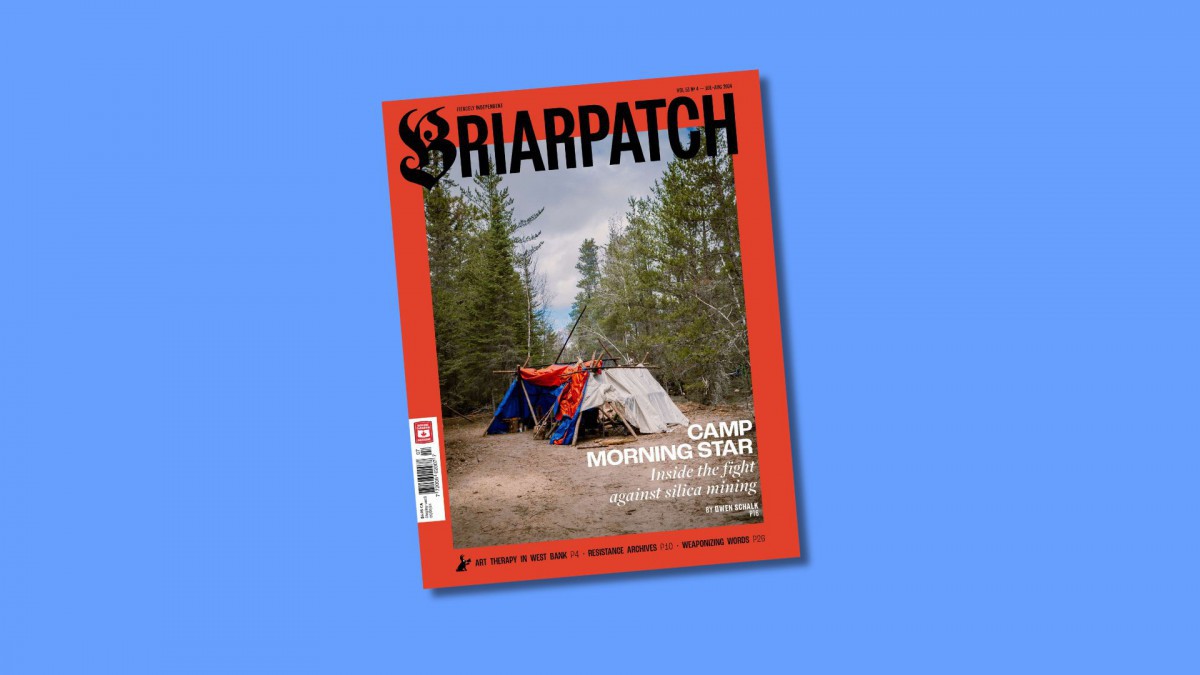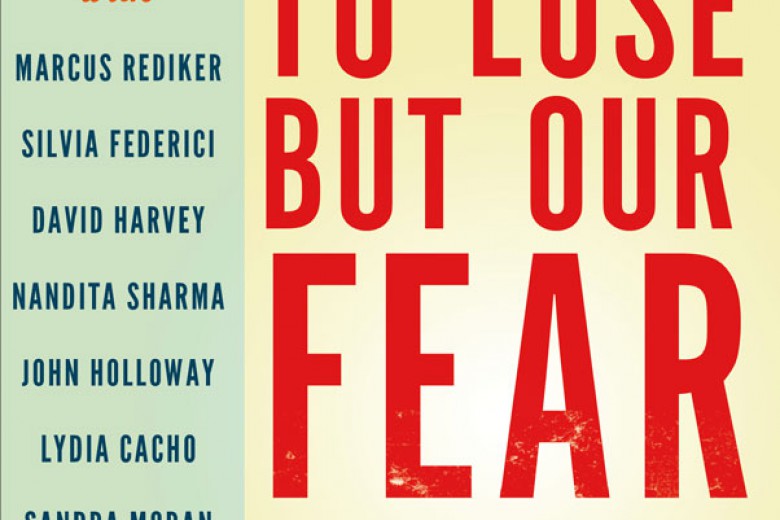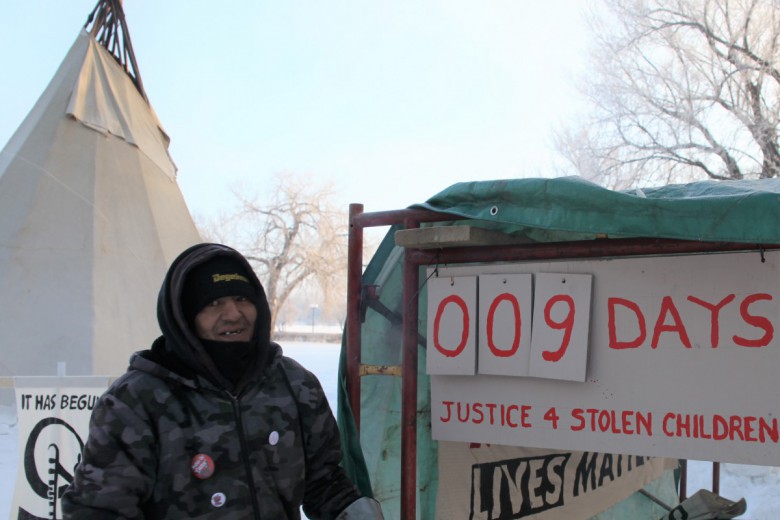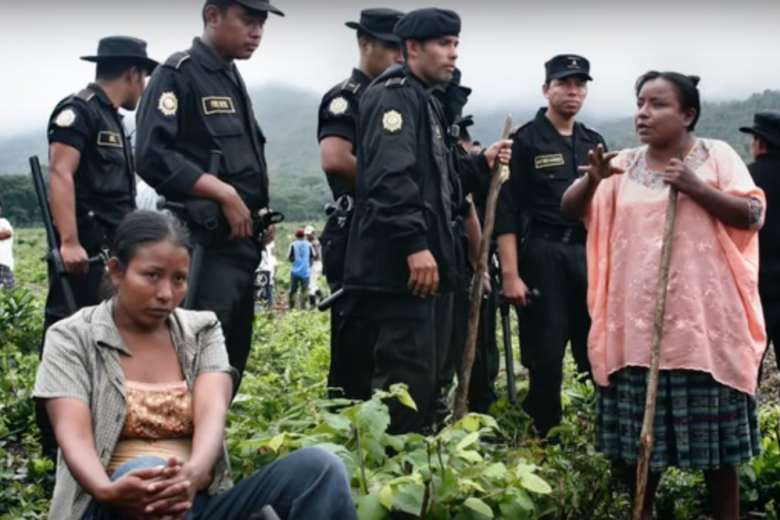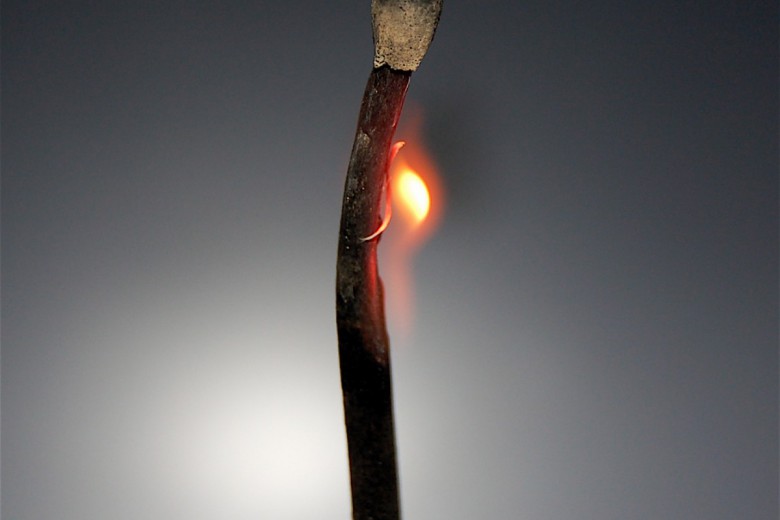I cannot start this off without a deep thank you to Sophie Jin for their insight, mentorship, and work on this issue. Specifically, their willingness to have a standing weekly call where I stress out about everything and they problem-solve it all within the hour. As Briarpatch’s newest editor, I’m excited to have taken this issue across the finish line.
The pieces included in this issue not only emphasize the magnitude of frontline resistance, but demonstrate how resistance is untenable without building systems of and for community care. Noa Sanders and Jody Chan’s reading list on disability justice organizing includes an entry for Johanna Hedva’s lyrical essay, “Get Well Soon,” in which Hedva connects illness and revolution, prompting us to rethink what a revolution can look like.
Here on K’emk’emeláy (a Squamish name for Vancouver which roughly translates to “place of the maple trees”), I’ve witnessed a palpable shift in organizing that has put this rethinking into practice. With the latest surge of Palestine solidarity organizing since October 2023, activists have been increasingly building coalitions and cross-solidarity connections. This, of course, could not have occurred without all the movements that have come before – Wet’suwet’en and Black Lives Matter to name just a couple – each one incrementally building upon our understanding of safety, solidarity, and collective liberation.
I’ve also seen a growing understanding that resistance is not just limited to the frontlines but includes before and aftercare (as Anna Lippman’s piece on creating anti-Zionist Jewish community illustrates), as well as the creation of safety nets to hold us when the system inevitably fails us. I’m seeing more emphasis on mutual aid – rooted in Indigenous and Black community care – and alternative networks of care that make it possible to fight against the system. At the core of Megan Linton’s piece on moving beyond Pharmacare is the understanding that these alternatives are life-saving and life-giving – that the systems of care we create outside of the state are where we find the power of community and hope.
In building these alternative spaces, we must ask ourselves how the state purports to provide safety and to whom this safety is extended. Molly Murphy and Research for the Front Lines break down how the state and large institutions weaponize the language of safety.
True safety, in contrast, is found within the kinds of care exemplified by Camp Morning Star, an encampment created by members of Hollow Nation cautioning against the reproduction of extractivism within the transition to green energy. In our cover story, Owen Schalk highlights their land defense efforts, which are rooted in consent, reciprocity, and kinship with the land and all beings on it. Phoebe Fuller’s piece, meanwhile, shows how the strength of coming together to delegitimize transphobic rhetoric and inspire towards greater community presents an antidote to colonial divide and conquer tactics that seek to silo us, even within movements for liberation.
In writing about the power of creating counter-archives between Palestine and Lebanon, Jamila Ghaddar pushes us to realize that “building and sustaining these solidarities is a profound act of love for our families, societies, and lands.” This creation of counter archives sees through and resists the insidious ways colonialism reinforces itself, daylighting what colonial powers seek to obscure and instead calling us towards “liberations and returns.” Exemplifying this, Amer Abu Ameira, an Gazan elder displaced to the West Bank, steadfastly tells Jasem Shuman, “Gaza will return and you [Shuman] will visit us there.”
What are considered sites of resistance, as this issue shows us, are often sites of immense hope and community care. Though not always perfect, their mere presence demonstrates that alternatives to the system are in fact possible. State responses that seek to demonize and suppress such resistance only speak to the power they hold. On K’emk’emeláy, jail support for people violently arrested after a Palestine solidarity demonstration showed this principle in action. Smokes, snacks, and water were offered not just to those released who were part of the action, but to everyone being released.
Resistance requires we recognize our struggles as interconnected, understanding our responsibilities both to people in our neighbourhoods and the global community. As Sanders and Chan remind us, disability justice asks that we leave no one behind. Collective liberation must mean collective liberation for all.
In solidarity,
meera eragoda, Editor


